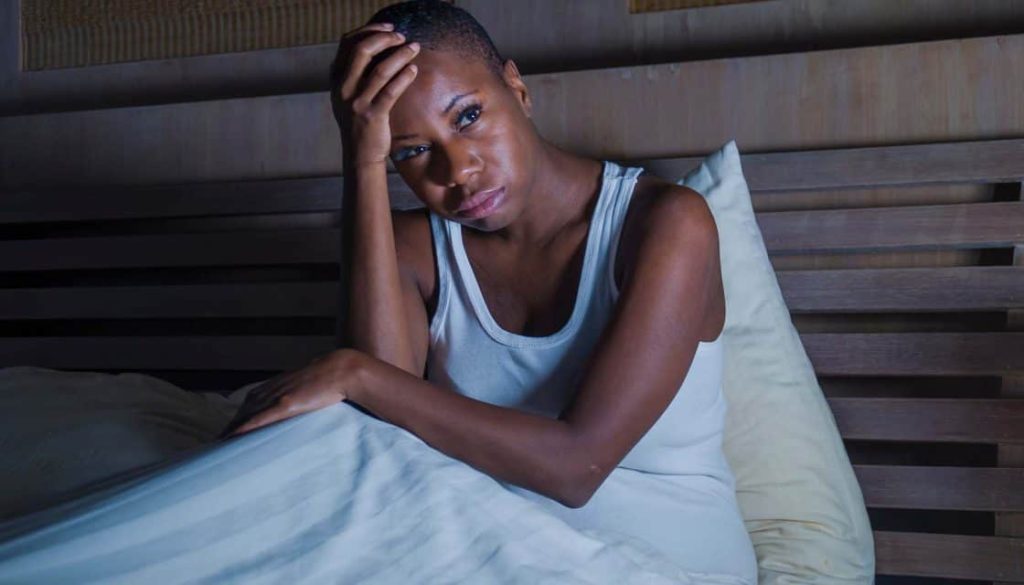12 Major Causes of Sleepless Nights: Unveiling the Culprits Behind Your Restless Nights
3 min read
Are you having trouble sleeping through the night, tossing and turning in bed? Then you are not by yourself. These days, insomnia has become a frequent issue in our fast-paced society. But the causes of your sleepless nights might not be as enigmatic as you would believe. Indeed, we’ve found 12 big offenders that can be ruining your sleep and making you feel worn out the next day.
Stress: Without a doubt, stress is the main cause of insomnia. Stress, whether it originates from personal issues, pressure at work, or financial concerns, can keep your mind spinning and keep you from falling asleep.
Anxiety: Anxiety can have a same detrimental effect on your sleep as stress. It can be quite difficult to unwind and fall asleep peacefully if you are plagued by uncontrollably racing thoughts, constant anxiety, and general uncomfortable.
Depression: Sleep disturbances are common in people who are depressed. One of the most common symptoms of this mental illness is insomnia, which makes it challenging to get a good night’s sleep.
Poor sleep hygiene: Your everyday routine may occasionally be the cause of your insomnia. Restless nights can be caused by poor sleep hygiene, which includes using electronics right before bed, consuming too much caffeine, and maintaining irregular sleep cycles.
Medication: A number of drugs, including corticosteroids, antidepressants, and stimulants, can cause sleep disturbances. If you’re having trouble sleeping, it’s important to talk to someone about it.
Chronic pain: Finding a comfortable sleeping posture can be quite difficult while dealing with chronic pain. Back discomfort, fibromyalgia, and arthritis are a few ailments that can cause insomnia.
Sleep disorders: You may have sleep disturbances and fatigue during the day due to conditions like narcolepsy, sleep apnea, insomnia, and restless legs syndrome. Improving the quality of your sleep depends on diagnosing and treating these conditions.
Environmental elements: Your ability to fall and stay asleep can be affected by noise, light, and temperature. Sleepless evenings might be caused by a bright streetlight, a noisy neighborhood, or an uncomfortable temperature in the room.
Hormonal fluctuations: Unusual sleep patterns might result from changes in hormones, such as those brought on by menopause or pregnancy. Night sweats, hot flushes, and hormonal imbalances can all disrupt your sleep.
Digestive problems: Disorders including indigestion, acid reflux, and irritable bowel syndrome (IBS) can be uncomfortable and interfere with a good night’s sleep. Taking care of these digestive problems can greatly enhance the quality of your sleep.
Alcohol and caffeine consumption: Alcohol can cause frequent awakenings and lower the general quality of your sleep, while coffee’s stimulant qualities can keep you up.
Electronic apparatus: Electronic gadgets like laptops, tablets, and smartphones generate blue light, which can disrupt your body’s normal sleep-wake cycle. Better sleep can be encouraged by limiting screen time before bed.
Through comprehension of these 12 primary reasons for insomnia, you can proactively tackle them and enhance the quality of your sleep. Never forget that restful sleep is very vital for your well-being







